

APPROVED BY COUNCIL
Date: 22 September 2022


Mr Isaac Shongwe Chairperson of Council
Professor Zeblon Vilakazi Vice-Chancellor and Principal



Date: 22 September 2022


Mr Isaac Shongwe Chairperson of Council
Professor Zeblon Vilakazi Vice-Chancellor and Principal
Learning and teaching in 2022
Research with impact
Enrolments on track
Financial sustainability
Wits. For good.
Conclusion
STRATEGIC PLAN 2022-2033
Student enrolment performance against ministerial approved targets (Table 1)
Student access and success (Table 2)
Research output (Table 3)
Earmarked grants for year (funding envelopes and infrastructure projects) (Table 4)
budget vs actual revenue as at 30 June 2022 (Table










As prescribed by the revised Regulations for Reporting by Public Higher Education Institutions in terms of section 41 read with section 69 of the Higher Education Act, 1997 (Act No.101 of 1997), the University of the Witwatersrand, Johannesburg, submits to the Minister of Higher Education and Training its Mid-Year Performance Report for 2022.
The Mid-Year Performance Report largely provides a progress update on teaching and learning, research and innovation, enrolment, and the financial performance of the institution against the Annual Performance Plan for the year.

Date: 22 September 2022

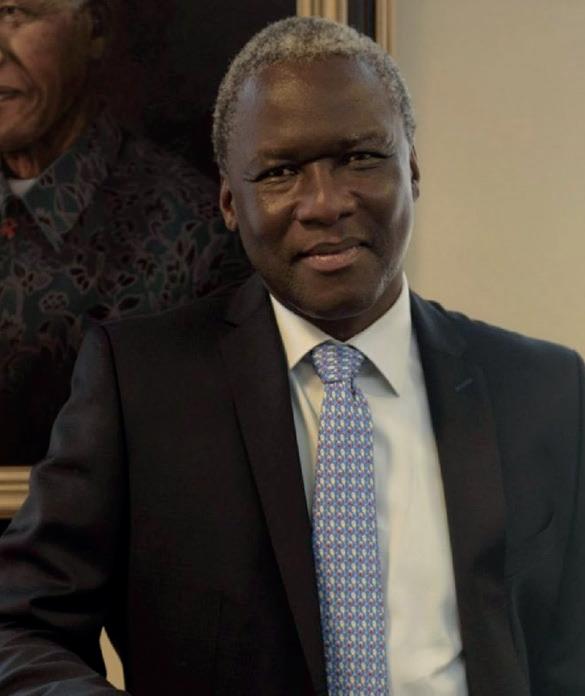

In 2022, the University of the Witwatersrand, Johannesburg celebrates 100 years of academic and research excellence, social justice, and the advancement of the public good.
This report will summarise some of Wits’ local and global centenary activities and fundraising initiatives, which are a priority this year. This includes fundraising delegations to the United States, Canada and the United Kingdom, and the establishment of the Friends of Wits in Australia. The opening of the world-class Chris Seabrooke Music Hall in March launched the celebrations.
The report will also cover blended teaching and learning in line with the Wits’ medium-term plan, and the move towards bringing larger cohorts of students back onto campus in the second half of the year. It will elaborate on the innovation strategy and the establishment of the Wits Innovation Centre, and the opening of the Wits Entrepreneurship Clinic. New strategies for postgraduate education and research are also being developed. There are numerous student support initiatives, including the novel three-week Gateway to Success Programme which has been introduced to welcome new students onto campus.
Wits’ leadership team is probably one of the strongest in the country, and the Senior Executive Team has settled in well over the past year. We welcomed Ms Maureen Manyama as the new Chief Financial Officer. Professor Garth Stevens has been appointed as the new Deputy Vice-Chancellor: People, Development and Culture, and will assume office in 2023.
An overview of the University’s research activity is provided, as well as a summary of Wits’ 2022 budget and its forecast for the remainder of the year.
The University implemented a Mandatory Vaccination Policy this year. By 30 June, almost 95% of the Wits on-campus community was vaccinated. All students in Wits’ residences were vaccinated. A permanent testing and vaccination site has also been established on campus.
Finally, we are making progress in preparing for the implementation of Wits’ new strategy that runs from 2023 to 2033. All faculties and divisions are developing plans that will determine how this strategy will be implemented over the next decade.
It is also with immense pride that I can announce that Professor Zeblon Vilakazi, the Wits Vice-Chancellor and Principal and an internationally renowned Nuclear Physicist, has
been appointed as a Fellow of the prestigious Royal Society (UK) and joins the ranks of Isaac Newton, Charles Darwin, Albert Einstein, and Stephen Hawking, and other Witsies like Professors Phillip Tobias, Robert Boom, Basil Schonland, Frank Nabarro and Nobel-Prize winner Aaron Klug. Congratulations!
Since 2015 Wits has been working towards educational provision in a blended mode. It is part of the first focus area in our 2020-2024 Learning and Teaching Plan. In broad terms, a blended mode involves a mixture of in-person and online (or other remote) educational activities. In the Wits Plan for Learning and Teaching in 2022 we have taken a more nuanced approach, in which we draw on a model of Joosten et al1 to identify four dimensions that need to be blended: technological, temporal, spatial and pedagogical. In 2022, each course lecturer needs to decide on the appropriate blend for their course, given factors such as the nature of the discipline, the learning outcomes and level of the course, the characteristics and number of students, the resource requirements and external constraints. Learning designers across the University are developing resources and providing support to lecturers to help them with good design for their blended courses.
In 2022, as in 2020 and 2021, every course must have an active site on the Wits Learning Management System (LMS), Ulwazi. Our experience over the past 2½ years has shown the value of having such sites, as students can readily access course information and resources, communicate with lecturers, tutors and other students, and do (at least) some of their assessments. A change in 2022 is that students were notified that they need to stay close enough to Wits to be able to come to campus when required. One effect of this requirement is that students can now use Wi-Fi on campus, in residences or in Witsapproved private accommodation (which must provide Wi-Fi). Another change this year is that we expect students to attend experiential learning activities, such as laboratories, studio and clinical work, discussion classes and tutorials, on site in small groups on a regular basis. For students who had to learn online for almost two years, the opportunity to interact with staff and students in person has been welcomed.
In the first semester, when COVID-19 protocols limited the number of people that were allowed to occupy a venue at the same time, the number of people that each teaching venue could accommodate was centrally determined by Wits facilities staff. This meant that no lectures could be given to large groups of students. Although restrictions on venue capacity have now been removed, we have learnt, as have universities across the world, that lecturing to large groups of students is not an effective way to promote learning. Thus, we are still encouraging lecturers to make presentations of information and other resources available on-line, and to bring students to campus for interactive educational
activities that promote active learning. Students have also indicated that they value the opportunity to access presentations and other resources online.
At the end of the first semester, a number of lecturers chose to have students write inperson examinations, at least in part because they wanted to combat the likelihood of cheating that can accompany remote assessments. However, extensive research has shown that there are approaches to assessment design and administration that make cheating less likely, by using formats other than written, invigilated examinations. In March the Senate approved new Senate Standing Orders on the Assessment of Student Learning (SSAOSL), which enable and promote more diverse forms of assessment. These standing orders will, in turn, further another focus area in our 2020-2024 Learning and Teaching Plan, viz., diversifying assessment. Workshops to familiarise staff with the new SSOASL will be run in the second semester, in preparation for implementation in 2023.
An exciting innovation in 2022 for new first year students was the Gateway to Success programme (GTS), a compulsory, 3-week, integrated academic and student life orientation to Wits. GTS jointly led by the Senior Director: Academic Affairs and the Dean of Student Affairs. It was planned by a multi-stakeholder project implementation task team comprising staff from faculties, service and support units and students. The programme comprised online academic and academic support courses, including one called Climate Change and Me, and on-campus activities led by faculties, Student Affairs and students, culminating in the Wits Spirit soccer match. A first-year mentorship component provided new students with the opportunity to be part of a mentor group, led by senior students from their own faculty.
Research with impact, be it discovery, applied (translational), or innovative research, relies on high quality. In this context, it is pleasing to note that in the first half of 2022, Wits researchers have announced 10 major discoveries. These include: In the area of Health Sciences, Wits research has:
to new
for
to increase
new promising interventions to protect term and premature babies from the deadly respiratory
In the areas of Natural Sciences, Wits research has:
7. Shown how forensic science is unlocking the mysteries of fatal lightning strikes that could help save thousands of lives
8. Uncovered Australopithecus sediba’s spine revealing much about human evolution
9. Uncovered a black hole in the center of our galaxy, the Milky Way
10. Shown that South Africa’s Bushveld Complex geological feature once served as a large magma tank capturing huge volumes of molten rock and minerals
The University submitted a record number of research publications to the Department of Higher Education and Training (DHET) in May of 2022, namely 2 545 units. This total consists of 2 085 units for journal articles, 217 for books, 180 for chapters and 63 for conference proceedings. This total is 28% more than that submitted in the previous year.
Halfway through 2022 Wits authors have published nine articles in the ‘big three’ journals, that is Nature (5), Science (1) and The New England Journal of Medicine (3). It is also important to note that scholars in the Faculty of Humanities (the leading humanities faculty on the continent) published 30 monographs in 2021, a true sign of sustained excellence. It is too soon to comment on the number of books published so far in 2022.
Other interesting snippets of research emanating from Wits include:
• Recording that the famous Sterkfontein Caves deposit is one million years older than previously thought
• Professor Benjamin Rosman is one of 18 early-career researchers in the world to be named CIFAR Azrieli Global Scholars for 2022-2024
• Wits Entrepreneurship Clinic, opened in May 2022, will enable youth to use their research to become the future job creators
• Wits University’s Vice-Chancellor and Principal, Professor Zeblon Vilakazi, is awarded a Royal Society fellowship for his scientific achievements
• 73-year-old Wits Professor to take on the Amazon River to fight climate change
This is just a sample of the many research achievements. Details: www.wits.ac.za/research
Enrolments in 2022 remain in line with the University’s enrolment plan (2020 – 2025), which seeks to increase the intake of postgraduate students over a five-year period. As at 30 June 2022, Wits enrolled 25 317 (62%) undergraduates and 15 366 (38%) postgraduates, bringing the total student population to 40 683.
For Council controlled funds, the University attained a net surplus of R1, 278 million (2021 – R1,393 million) for the six months ending 30 June 2022. This surplus was above budget by R70 million (2021 – R246 million), contributed in the main by higher income as compared to budget.
Income was above budget by R114 million (2021 – R164 million), the main reason for the above budget performance being attributable to the confirmation of the subsidy by DHET higher than planned, as at 30 June 2022, the state grants were R89 million above budget, by year end this will be R157 million.
On the positive side, state grants were R89 million (2021 – R59 million) above budget.
For the first six months there was an overspend of R44 million in expenditure (2021 –R83 million saving) against budget. The main contributors to the overspend are:
• Personnel costs being above budget as at June 2022 of R20 million. This overspend is due to the negotiations with organised labour being finalised at levels above what was planned in the budget;
• Other operating expenses include an amount of R107 million that relates to the market value loss on investments. This loss was due to the negative performance of the market within the first 6 months;
Savings against budget were recorded against maintenance costs and rates and utilities. These are timing in nature.
In line with IFRS 15, Specifically Funded Activities - Restricted, will always reflect a breakeven position as income will only be accounted for to the extent of costs incurred. The unspent funds (income) are accounted for in the balance sheet as deferred income.
Per the Universities Revenue Recognition Policy, student and staff housing is typical of accounting for revenue that is “front-end loaded” i.e., the income is accounted for upfront. This is reflected in the budget for the first six months which is 90% of the budget for the year. Typical of this policy, student and staff housing reflects a surplus of R249 million (2021 – R179 million). For the six months to June 2022, the actual surplus was by R16 million
above budget (2021 - below budget by R55 million). All things being equal, this surplus is unlikely to change materially over the remaining six months.
Overall, a surplus of R87 million above budget for the first six months of the year (2021 – R191 million). Whilst there is an element of volatility in the economy, impacted by the continued war in the Ukraine and the lingering effects of COVID in some economies, there is an expectation of “normality”, implying that spend will increase over the remaining six months and potentially revenue.
The Centenary Campaign is progressing well, despite the challenging post-COVID fundraising environment. Wits celebrated 100 years of excellence on 4 March 2022, which kickstarted a series of events that will culminate in a Homecoming Weekend from 2-4 September 2022, closer to Wits’ official birthday on 4 October 2022. All faculties and some divisions have developed Centenary plans for the year.
The Advancement Division has crafted ongoing alumni appeals and have approximately 20 alumni reunions planned this year in South Africa, the US, the UK, Canada, and Australia. The reunions held in the US and the UK in first half of the year were well received and enabled us to reconnect with and to energise global alumni in support of the University’s Centenary Celebrations. These events reinforced the University’s reputation as a global institution and provided an opportunity for personal interaction and engagement for alumni to learn about the successes and achievements of Wits graduates in the diaspora and for alumni to meet and establish networks with fellow Witsies who are now abroad.
The President of the Students’ Representative Council and his comrades walked from Wits to the Union Buildings, and raised R4 million, which was matched by Wits, thus making R8 million available to help students to register this year. Read more: Wits Centenary.
The Centenary Campaign aims to raise R3 billion for research, infrastructure, teaching and learning, and students. To date approximately R2,3 billion has been raised. This includes a donation of approximately R50 million from Dr David Fine, a US based alumnus to permanently endow a new Chair in Innovation.
The new Wits Chris Seabrooke Music Hall was opened in March whilst alumnus William Kentridge gifted the African premiere of his production to Wits, which will be staged in July. The proceeds will be used to fund art students.
Eminent alumni were also hosted on campus including Dr Patrick Soon-Shiong, the founder of Nantworks, the Barrow family who have been responsible for the construction of many of the Wits buildings; and the CEO of the Skye Foundation, Philip Zylstra. A donation of R80 million was subsequently received from the Zylstra Foundation for the establishment of a sports and health institute at Wits. This followed the successful launch of the Australian
Friends of Wits University which was officially launched on 26 May.
Wits has also strengthened its partnerships in the EU, and is now an African strategic partner to the CIVIS Alliance which is committed to developing equal partnerships in unequal societies. The University also hosted a delegation from the University of Edinburgh, one of its strategic partners. This partnership is extensive, in that strong research collaboration work is already being conducted across faculties. Projects to support shared donor-funded postdoctoral fellows are also in place, together with several staff fellowship opportunities. The strength of this partnership is the equality of the partners albeit in an unequal world.
I was pleased to learn of the launch of the Wits Centre for Entrepreneurship and the new Fabrication Laboratory. There are many more such projects planned for the remainder of 2022, which I am sure will also advance the public good.

Wits has strong governance systems in place and I am deeply grateful to my fellow Council members, the Senate, the Executive, donors, alumni, and all those who ensure that the University grows from strength to strength in its centenary year, and who safeguard it for generations to come.
MR ISAAC SHONGWE Chairperson of Council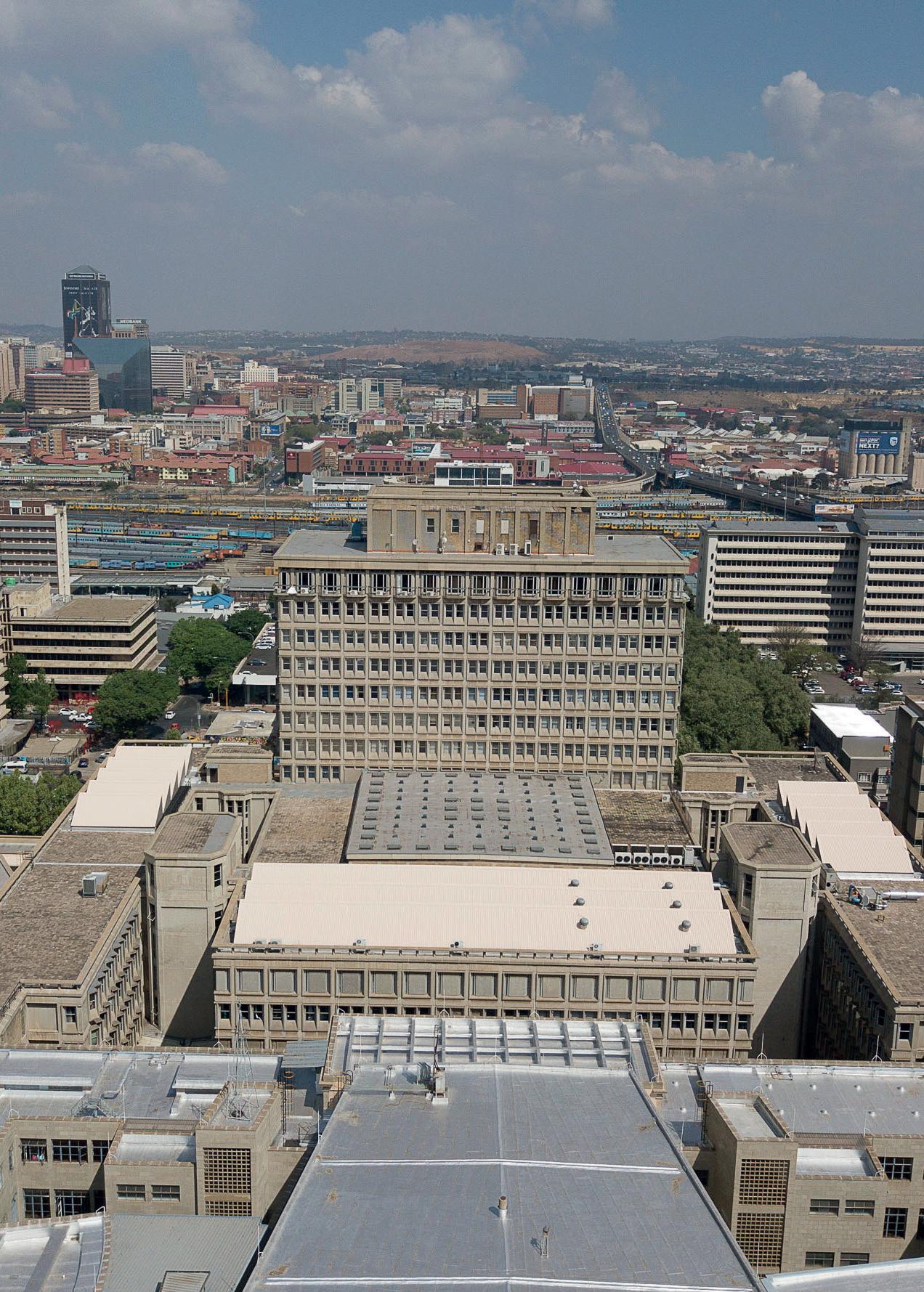
The University is in the process of developing an implementation plan for the new strategic plan which was approved by Council in November 2021. The new strategic plan builds on the 2022 strategy as an institution, constructed on principles of intellectual excellence we are committed to providing high-quality, internationally competitive education founded on high academic standards, cutting-edge research, public engagement, and productive partnerships with leading institutions throughout the world.
At the core of Wits 2033 is the advancement of a people-centric University, with an ethos of excellence and innovation across all spheres of the University. To align our vision and values with our strategy, Wits will, in the next ten years, focus on four areas:
• advancing a shared identity;
• pursuing academic excellence;
• achieving social impact; and
• ensuring its sustainability.
Academic excellence remains Wits’ primary focus.
The Implementation plan includes a comprehensive consultation process with all stakeholders across the University, with a methodology that ensures engagement with the themes; including discussions of our understanding of strategic goals; the actions required to achieve the goals; how to measure the success of the goals; the resources required to achieve them and the key milestones in achieving the goals.
The feedback will be collated to finalise a university wide implementation plan which will serve before Council in November 2022.

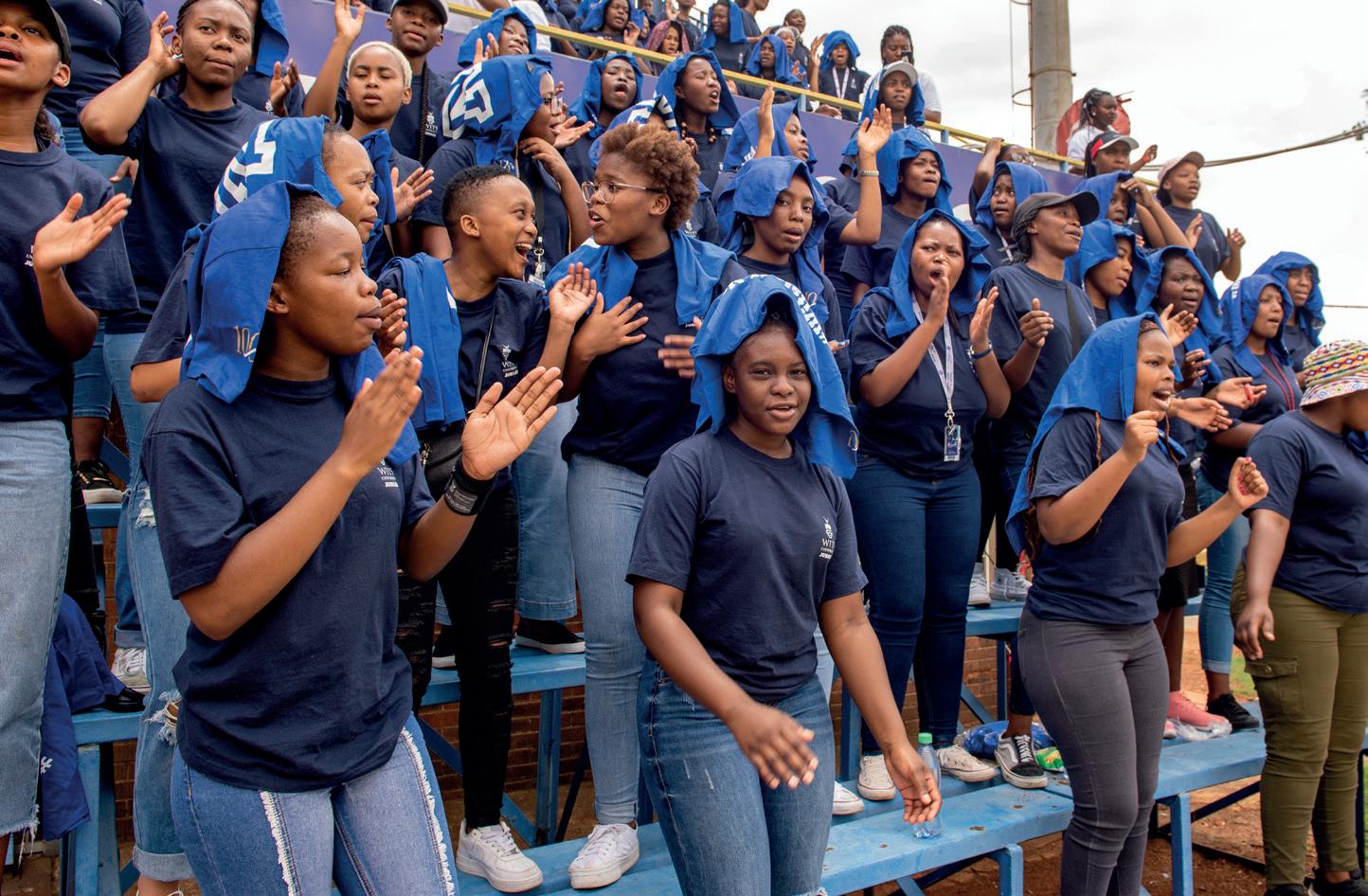

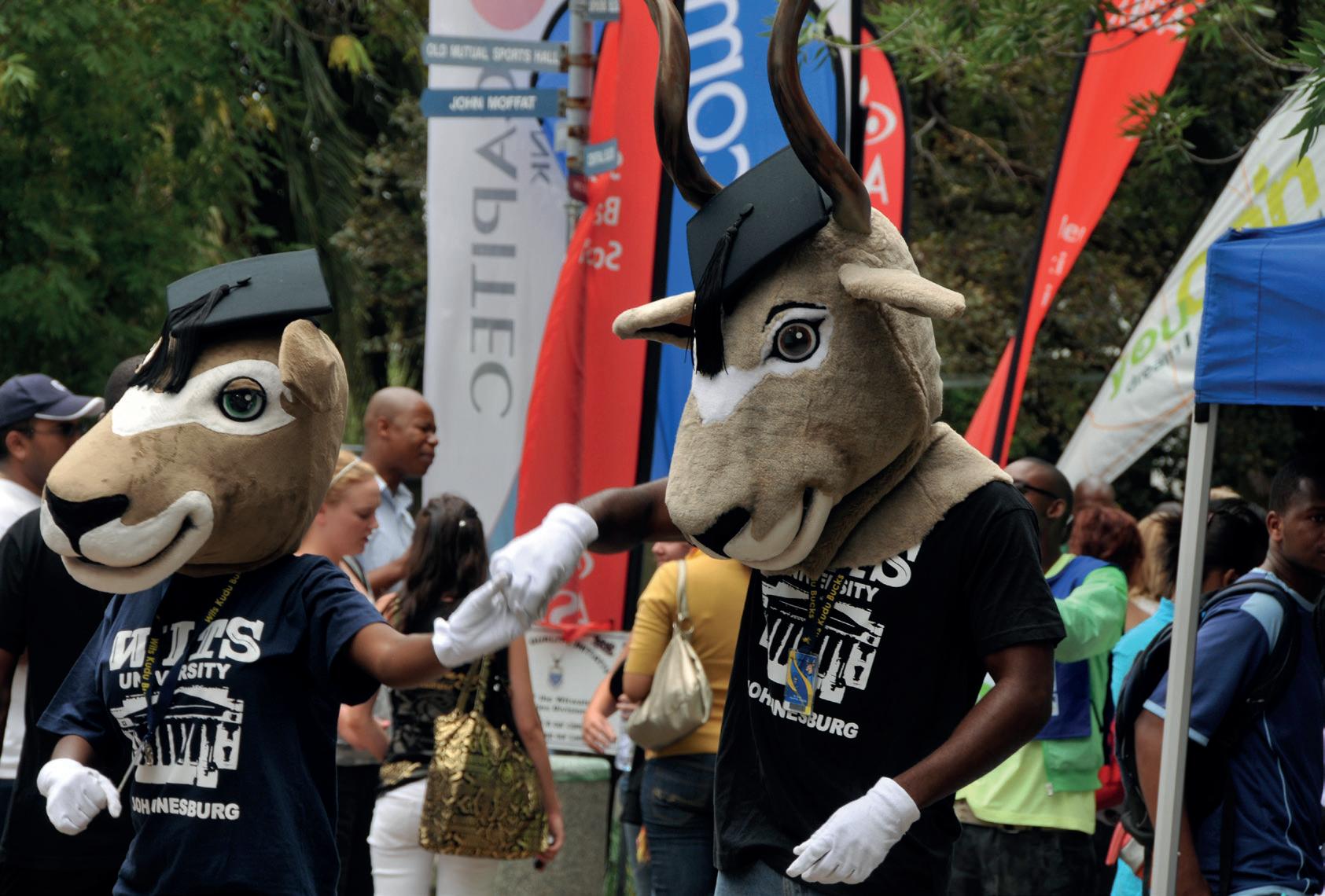
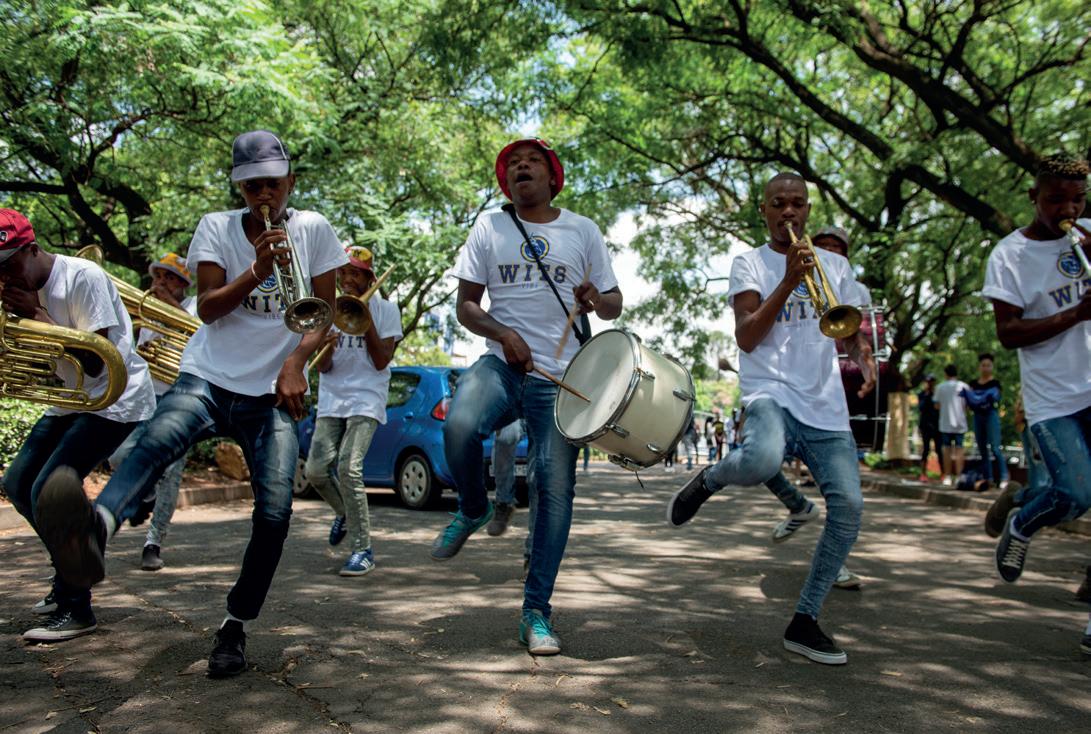


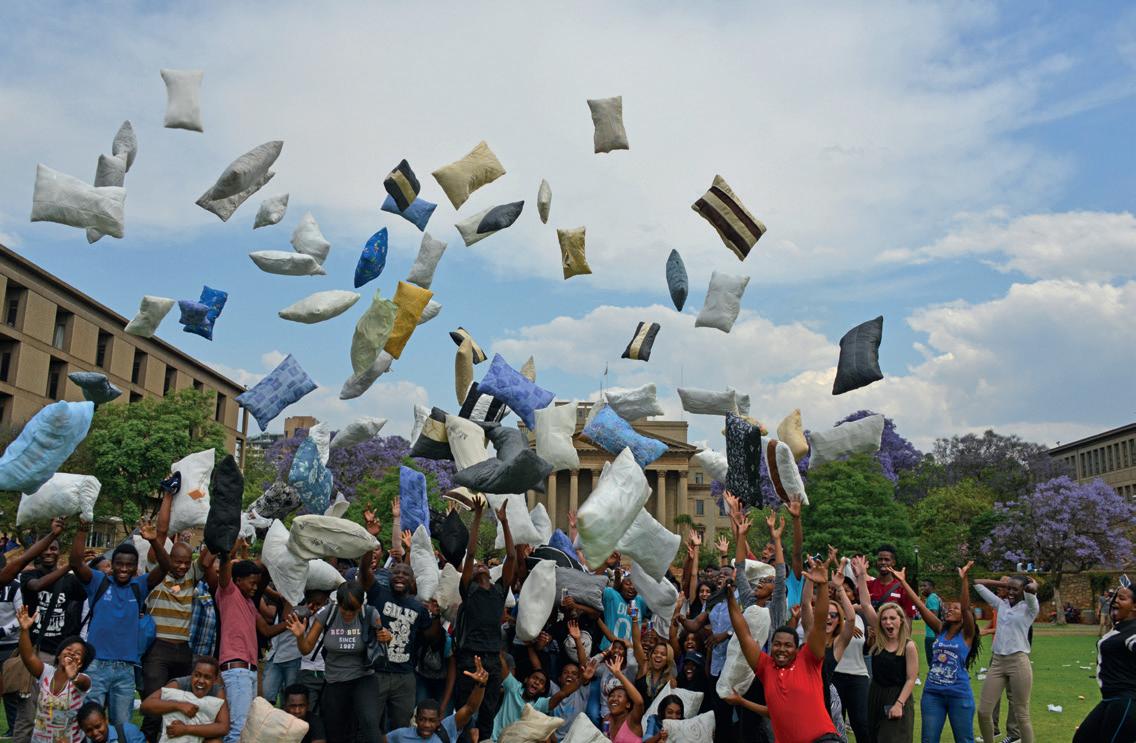
An assessment of the targets set, as part of the 2020-2025 Enrolment Plan, which include size and shape of student enrolment, student success, throughput rates, and staffing provisions, reflect that the University is on track to realise these.
The drivers underpinning the 2023-2025 Wits enrolment plan are:
• Government requirements and the National Development Plan
• Wits’ 2022 Strategic Framework
• Financial balancing and sustainability
• Strategic imperative of being a research-intensive University within a differentiated Higher Education system
The overall headcount mid-way through 2022 is 40 683 and it is expected that the University will reach its target of 44 000 students by 2025. The University made changes to its distribution with respect to the full, part-time and online headcounts in the Mid-Term Review in the course of this year, with due cognisance that the growth in the online and part-time programs has not been realised for the period 2020-2022.
An increase in enrolments in professional degrees in Law and Education (a trend which impacted on various Higher Education institutions) meant that FTEN (first time entering) enrolments were above what had been targeted. Changes to admission requirements and the administrative process for enrolling first year students in 2023 will ensure 2023 FTEN numbers will be carefully managed.
There are four calendar intakes for PG (postgraduate) students – at mid-year,15 366 of the 16 695 students had registered and it is anticipated that with the forthcoming July and September intakes, the target will be met. The University is closely monitoring its SET (Science, Engineering and Technology) enrolments particularly at PG level in order to move from its current achievement of 49.4% to reach the set target of 50%.
Student success is quite challenging to measure at mid-year, as completions and graduation ceremonies occur in three different cohorts during the course of the year (April, July and December) however; the University is confident that it will reach set targets.
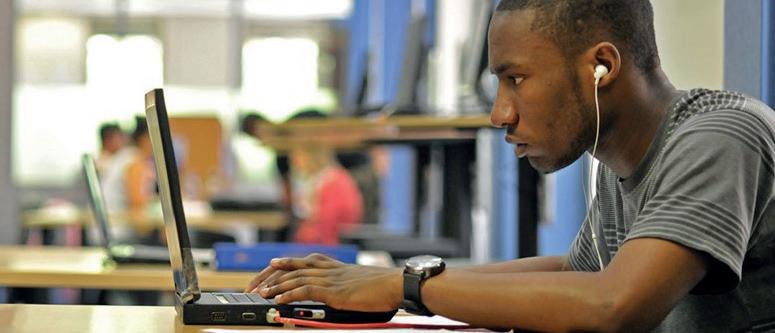
On Friday, 13 May 2022, Wits submitted its list of peer reviewed publication to the DHET, two days early. The submission of publications in 2021 and some late submissions for 2020. The types of publications include journal articles in the accredited list, books, chapters, and conference proceedings.
Wits authors used 2021 to its full extent, despite the circumstances, as the University submitted a record number of publication units. Almost 2 545 units were submitted. This total consists of 2 085 units for journal articles, 217 for books, 180 for chapters and 63 for conference proceedings. This total is 28% more than that submitted in the previous year.
In terms of postgraduate completions in 2021: 310 PhD students, 464 Master’s by dissertation and 1 372 Master’s by course work and dissertation completed their studies. Converting these figures into DHET units represents a total of 1 836 units, which is a 2% growth over the previous year.
The weighted research output of the University (that is the combination of publications and research degree completions), totaled 4 288 which is nearly 5% more than the previous year. Assuming a headcount of permanent academics of 1 153 the weighted research output per capital for Wits is 3.72 units.
Reason for deviation and plans to reach target where necessary
(UG)
Headcount
Headcount enrolments (Foundation Provisioning)
Headcount enrolments Total
Headcount enrolments Total postgraduates (PG)
Increased demand for access for FTEN revised admission process for 2023, in order to work within approved targets.
July and September intake for PG students.
Post July cancellations are expected therefore, target will be met.
Further intakes in 2022. It is anticipated that the target will be reached
major field of study
The University is reappraising the 2023 admission process in order to ensure SET targets are reached.
It is anticipated that this target will be met through PG enrolments.
Extensive demand and enrolment skewed other fields of study.
Over enrolment in this area, impacted on under enrolment in other fields.
Ongoing, with further intakes anticipated. Increasing 'distance' online courses will allow us to reach target.
for
performance
Success rate
Engineering
Life and Physical Sciences
Animal and Human Health
Teacher education
Success rate
N/A
N/A
N/A
N/A
N/A
N/A
and
where
graduation cohort will ensure target is reached.
Over achievement of PG graduates is in line with the University’s 2022 strategy.
The University has concentrated on ensuring that student success programmes are prioritised in faculties. Academic development units dedicated time to this. This has generally meant an increase on the target.
of
research
with
Many selection processes are still in play and the target will be reached by year end.
on
have
by December
Many selection processes are still in play and the target will be reached by year end.
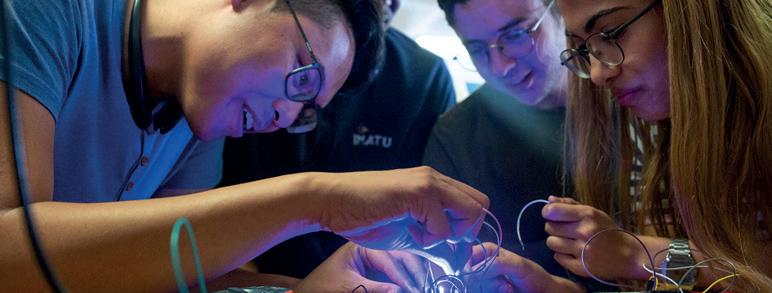

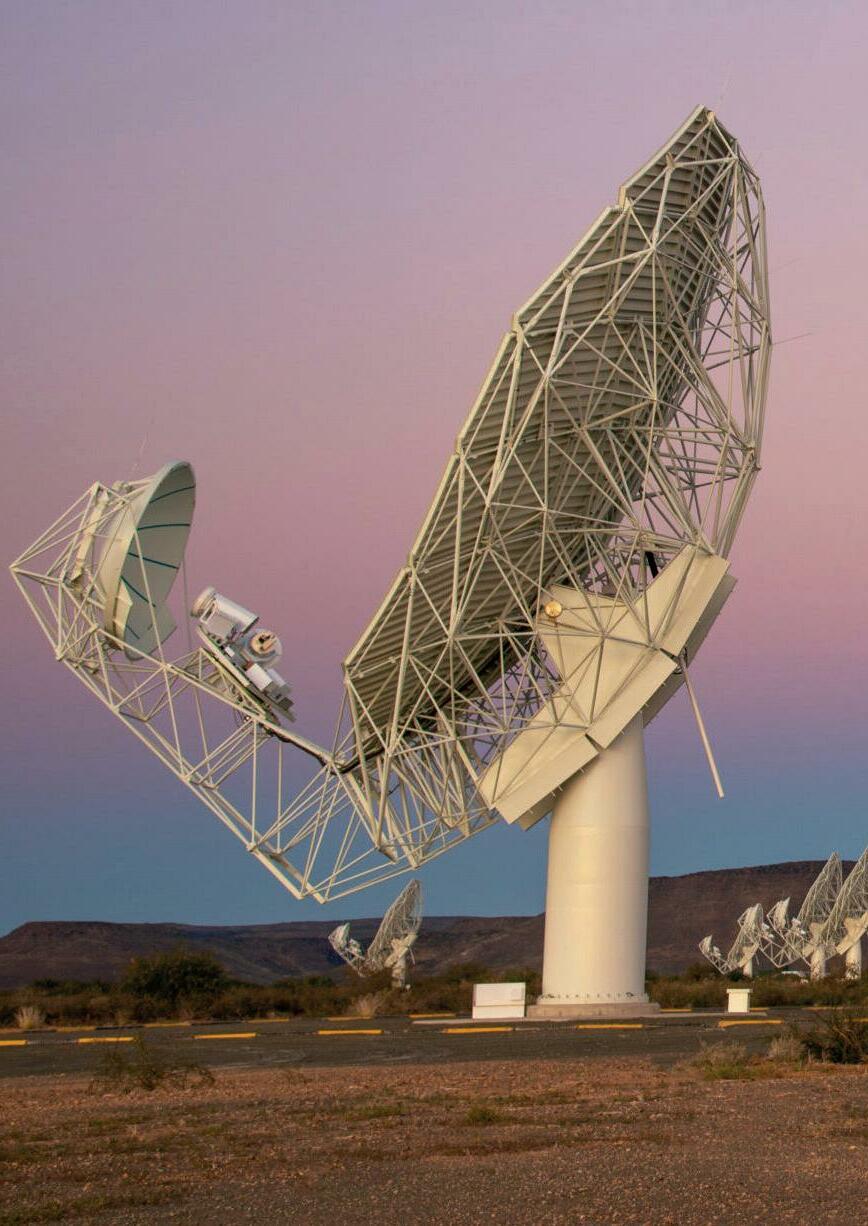

University Capacity Development Grant (UCDG)
24,671 Jan 22Dec 22
Foundation provision grant 297 April 22March 23
Next generation of Academics (NGAP- phase 8)
COVID 19 Responsiveness Grant 1
Infrastructure and Efficiency Grant
10,993 April 22March 23 2,817
Foundation provision grant
0 April 22March 23
109,800 April 22March 23 39,980
Clinical Training Grant 96,018 April 22March 23 20,887
Promote undergraduate and postgraduate student success, staff development and programme/curriculum development in the priority areas in the University System.
Wits Music offers Foundation music courses for school learners who haven’t had any formal music education. If you are talented and passionate about studying music, we encourage you to apply to do the Foundation courses.
All projects are in progress.
The current program funds lecturers, who teaches students who are in the Foundation programme.
NGAP involves the recruitment of new academics in line with the Universities staffing and development plan. NGAP enables newly recruited academics to benefit from teaching development and research development opportunities as well as enable them to register on doctoral or post-doctoral programmes, depending on their individual needs.
CRG1-To support the University to implement its multimodal teaching and learning plan.
The majority of the approved DHET IEG project is now either in progress and / or completed. Wits has received sectoral assessment report from the DHET with regards to project implementation progress. Wits is ranked within the top six (6) institutions out of twenty-six (26) overall, with expenditure in excess of 75% recorded against the allocated DHET IEG funding. Wits needs to activate the following projects this year still: -Wits School of the Arts: Fine Arts Rooftop Studios -Health Sciences Level 5 Pharmacy Laboratory -Thembalethu Large Lecture Venue Development
The CTG fund is used for the appointment of clinical training staff, the appointment of staff to support the delivery of clinical training services and to support partnership agreement with public and/or private providers of clinical training services also supplementing the operating costs of clinical training service delivery, improving the infrastructure needed for clinical training.
NGAP is currently running with phases 1 to 8, which are on track.
Grant ended 18 May 2022 in line with the DHET instruction.
Spending is on track for the year.
Activities are in place to spend the allocation by end March 2023.
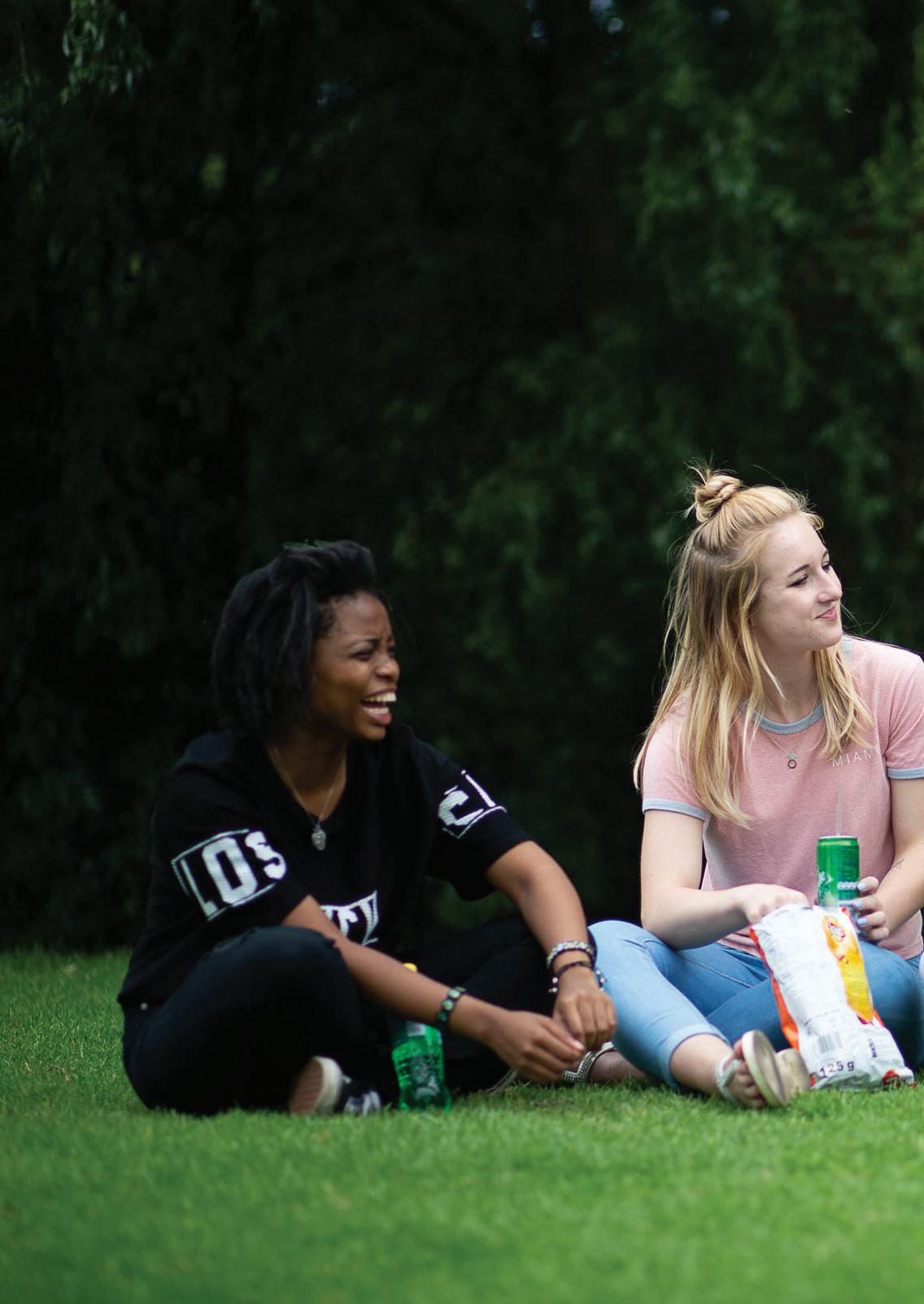
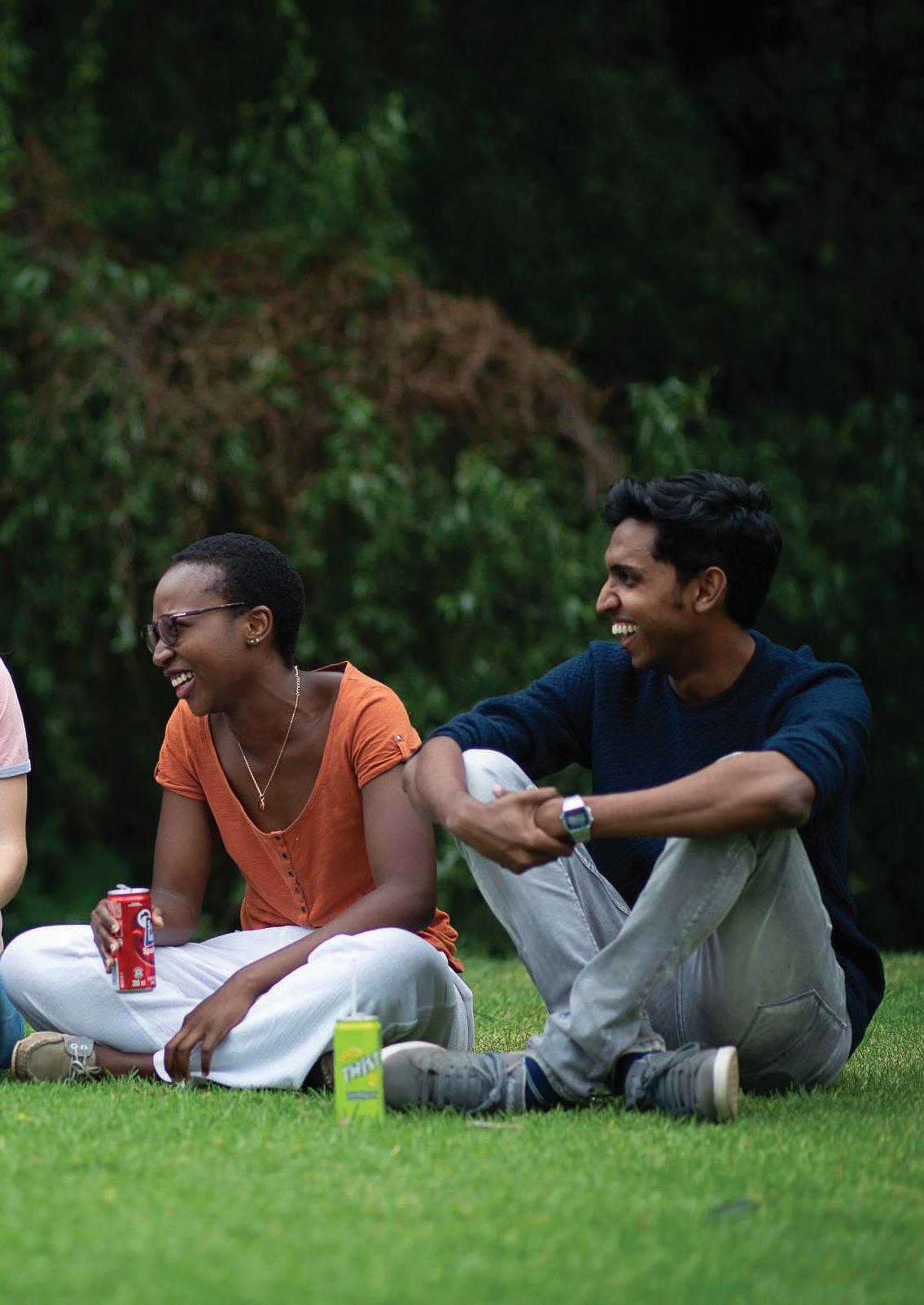
Subsidy was confirmed by DHET, which was higher than anticipated. Overall, the subsidy will be R157 million higher than budget.
Fee income is slightly below budget, some of this negative variance due to the underperformance of short courses. The income is in line with increased operating expenses.
With the lifting of the pandemic restrictions, the residences are back to capacity and in line with budget.
Overall salaries are above budget, as the negotiations with organised labour was finalised at a rate higher than was budgeted for.
The savings are timing in nature. The budget was not correctly phased for the year and as such we should see this equate out in the latter part of the year.
The major contributors to the overspend as compared to budget are:
Market value loss on investments of R107 m, due to market movements
Software licences of R 16 m*
Student awards for council controlled, R20 m and for restricted R 187 m and
Electronic library subscriptions R25 m*
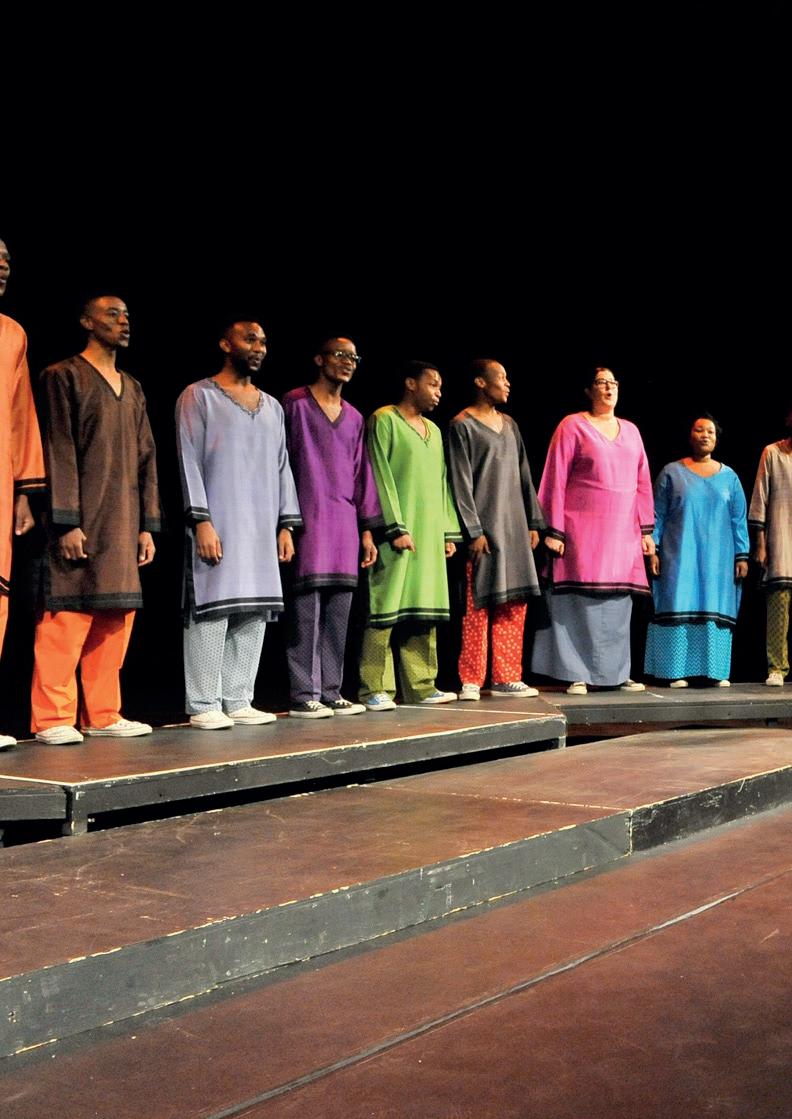

Wits staff and students continue to excel, and to impact on society for good.
• Professor Zeblon Zenzele Vilakazi, an internationally renowned nuclear physicist was appointed as a Fellow of the prestigious Royal Society (UK) and joins the ranks of Isaac Newton, Charles Darwin, Albert Einstein, and Stephen Hawking.

• The Centre for Entrepreneurship, funded by the IAU and the British Council, was opened.
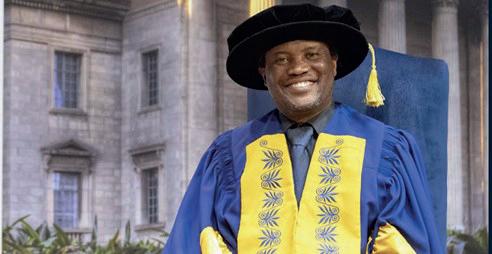
• The Fabrication Laboratory, a partnership with the Turkish Cooperation and Coordination Agency, is also conducting excellent innovative work.
• His Excellency, President Cyril Ramaphosa delivered the keynote address at the launch of the first comprehensive handbook of the South African economy co-authored by Professor Imraan Valodia.
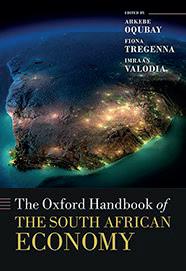
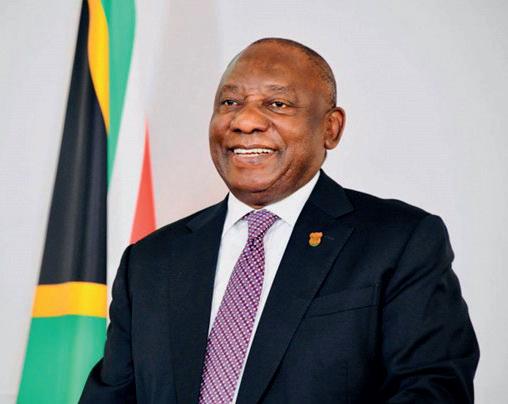
• The South African History Archive, one of the most important social justice archives in the country has returned to Wits. The University is also now a member of the Digital Preservation Coalition.
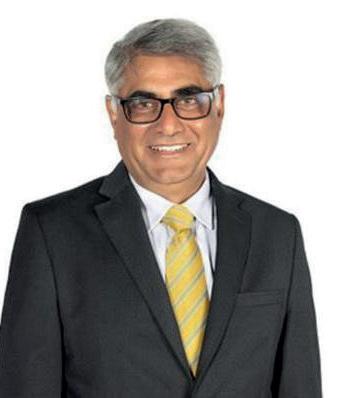
• Dr Boitumelo Innocent Ramatsetse, a Y-rated researcher and winner of a 2021 National Science and Technology Forum award was appointed by President Ramaphosa to the National Planning Commission.
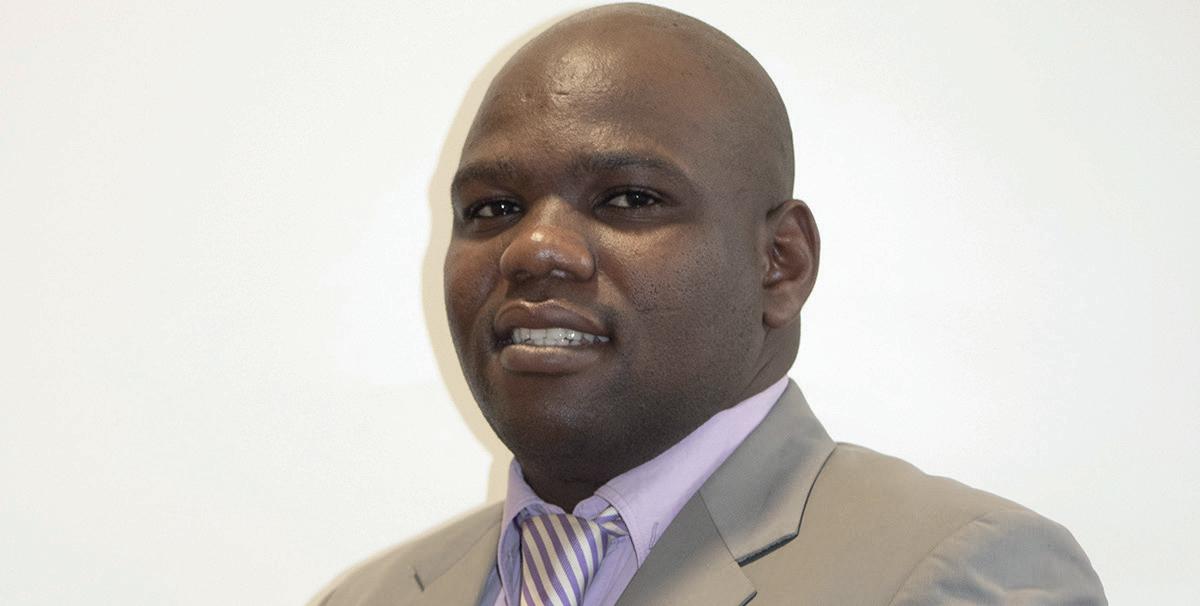
• Professor Roger Dean and his postdoctoral fellow Dr Iniyan Natarajan were part of the team that photographed the first image of the black hole in the center of the Milky Way, which made global headlines.
• Wits scientists participated in research that led to new World Health Organization guidelines for improved TB treatment.
• Shüné Oliver, Basil Brooke and Givemore Munhenga also reported fresh signs of mosquito insecticide resistance in South Africa in April.
•
A study at the Wits Donald Gordon Medical Centre demonstrated a 23% decrease in superbug transmission using ultraviolet room decontamination paired with manual cleaning.
•
•
Professor Andrew Forbes published in Nature Photonics research on selfhealing arrays of twisted light from a laser.
A population-based survey conducted by Prof. Shabir Madhi and his team revealed why South Africa is at a turning point in the pandemic and that South Africa had arrived at the recovery stage of the pandemic, but that vaccination remains crucial. He also published a paper on new promising interventions to protect babies from a deadly respiratory virus. Mvuyo Makhasi, Cheryl Cohen and Sibongile Walaza found that tracking symptoms of respiratory diseases online can give a picture of community health.
• Scientists from the Sydney Brenner Institute for Molecular Biosciences published a roadmap to increase diversity in genomic studies explaining why and how Africans need to participate in genetic studies. They also for the first time described the microbiome in South African individuals in ‘city’ and ‘rural’ populations and new bacteria in microbiomes.
• A study by the Developmental Pathways to Health Research Unit into fast food nutrition labelling found that just 58% of South Africa’s biggest fast-food retailers provide nutritional information on their products.
• Wits staff and students developed a social distancing and shopper behaviour tracker for malls using artificial intelligence to improve security.
• Wits also started research on ways to protect the personal health data of African app users.
• The University is part of a multi-country high-tech mineral exploration partnership that will use fibre-optic sensing and UAV-platform techniques to search for resources.
• Scientists found that large, long-lived, and entirely molten magma chambers did exist in the Earth’s crust.
• Research by Professor Jonathan Klaaren and others is referenced in the Zondo Commission Report in chapters on public procurement, and as part of a key policy recommendation to incentivise whistleblowers in efforts to combat corruption in public procurement.
• Professor Helen Rees, the Executive Director of the Wits Reproductive Health and HIV Institute who has been awarded the prestigious L'ordre national du Mérite (National Order of Merit) by the President of the French Republic Emmanuel Macron, in recognition of her groundbreaking and outstanding medical career.
•
Professor Andrew Forbes was awarded the 2022 Sang Soo Lee Award for his outstanding leadership in founding and growing an optics and photonics community in Africa.
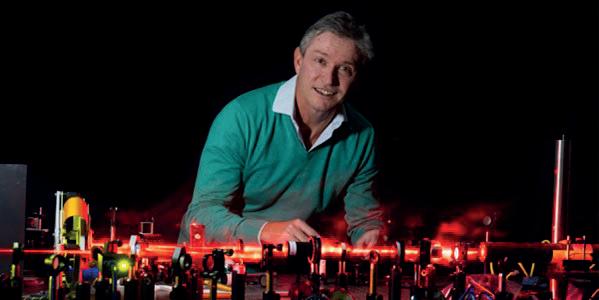
• Twelve Witsies are in the running for the prestigious National Science and technology Forum Awards to be announced later this year.
• Wits is home to three new Nation Research Foundation A-rated scholarsProfessors Victor Houliston (Literature, Language and Media); Hilary Janks (Education), and Frederick ‘Derick’ Raal (Clinical Medicine). Another A-rated Distinguished Professor in the School of Computer Science and Applied Mathematics, Professor Jean Lubuma, joined Wits in January.
• For her work in mapping mosquitoes to combat malaria, Theresa Mazarire was selected to receive a L’Oréal-UNESCO For Women in Science Young Talents Award.
• The Consulate General of Italy bestowed the Honour of the Order of the Star of Italy on Professor Maria Chiara Marchetti-Mercer and Wits alumnus and world-class artist, William Kentridge.
• The Society for Applied Anthropology selected A-rated Professor Lenore Manderson as the recipient of its 2023 Bronislaw Malinowski Award.
•
Enrico Pescivolo, a Master’s student from the School of Architecture and Planning who was the 35th Corobrik Student Architecture Awards Regional Winner.
• Mpho Mathole won the Wits leg of Famelab, the international science communication competition.
• Keaton Fitzpatrick, a postgraduate student in the Wits School of Economics and Finance was nominated to attend the 7th Lindau Meeting of the Laureates of the Sveriges Riksbank Prize in Economic Sciences, in Memory of Alfred Nobel.
• The African Centre for the Study of the United States marked its fourth-year anniversary with a renewed vigor to study the US in the context of precarious emerging futures.
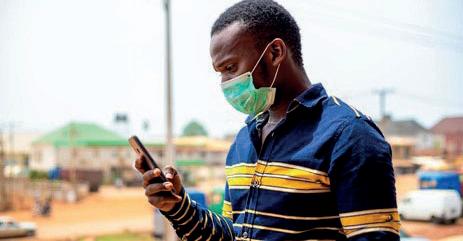
• Wits hosted the recipients of the Vice-Chancellor’s Scholarship Awards, a diverse group of top matriculants who chose to come to Wits, as well as the Student Leadership Awards, and the Principals of Wits’ top feeder schools.
• Wits is part of the Next Engineers Programme that aims to secure the next pipeline of engineers and to increase diversity in engineering. The programme will provide more than 3 500 learners with hands-on exposure to engineering concepts and careers, and ultimately award financial support to students pursuing engineering degrees. The first cohort is expected at Wits during the mid-year vacation.
•

Wits students stood out at the Nedbank and Old Mutual Budget Speech competition this year. Rethabile Mphahlele won the undergraduate category, and Dhyan Saravanja was a runner up. In the postgraduate category, Wits took the honours of runner-up, with recognition to Lebo Siboyi.



